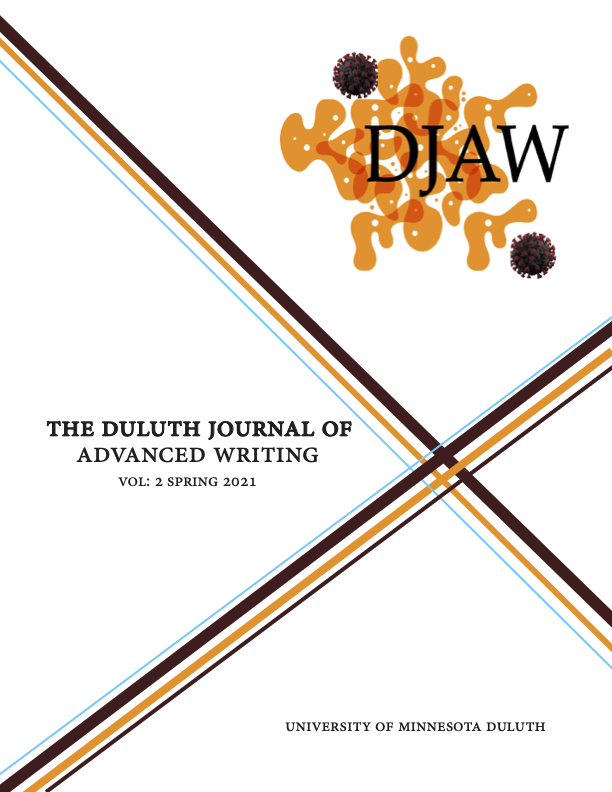Addressing the Nocebo Effect: Limiting the Potential for Negative Clinical Outcomes
Meredith Reynolds
Anatoli Ginbo
Jerilyn Anderson
Vanessa Saina
Abstract
In contrast to the familiar placebo effect, increased positive outcomes triggered by positive
expectations, the opposing and less favorable phenomenon known as the nocebo effect results
in aversive outcomes stemming from negative expectations. While currently being a rather new
and trending field of research, associated ethical conflicts have restricted the types of studies
conducted and the available knowledge concerning the topic. The ethical dilemma and lack
of complete understanding make it difficult for clinicians to develop changes that effectively
reduce the likelihood of nocebo responses affecting clinical trials, patient treatment outcomes,
side effect severity, and overall negative feelings surrounding medical settings. Regardless,
some semi-successful modifications in patient-physician communication and interactions have
been able to decrease the probability of nocebo responses occurring. Further research is needed
to obtain more knowledge about the way the nocebo effect works, to better identify susceptible
patients, and to develop more effective methods of controlling the nocebo effect.


